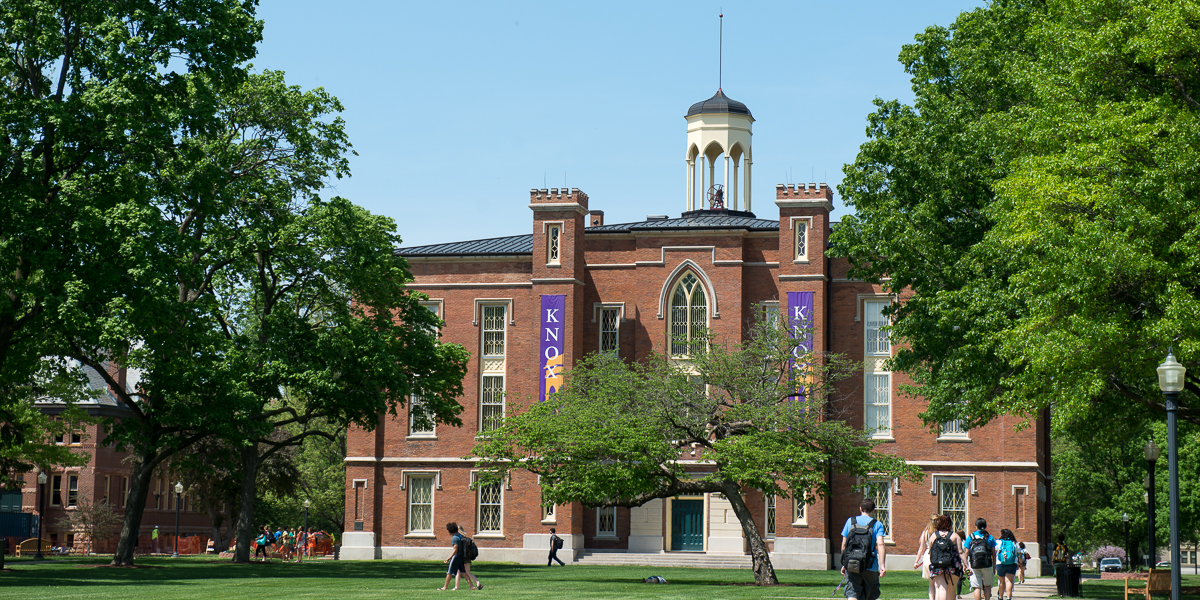


Four new endowed professors represent the best of Knox’s past, how the College is changing, and where we’re headed next.
By Pam Chozen
To be named an endowed professor is one of academia's highest honors; until this year, there were just 18 among Knox's faculty. So when four new endowed professors were announced early this spring, it represented an important moment in the College's history.
What makes the distinction so special? Generally, there isn't a salary increase, a change in duties, or any other perks. What it represents is a commitment to a particular value or area of study, and, by extension, to faculty members themselves. Because an endowed professorship is funded through the College's permanent endowment (and donor support) rather than annual revenue, it isn't subject to budget cuts or changes in intellectual fashion. Though it may not have much impact on the professor's day-to-day responsibilities (one joked, "The only change since my appointment is my e-mail signature"), over the course of decades, an endowed professorship is one of the clearest indicators of the College's priorities—and its character.
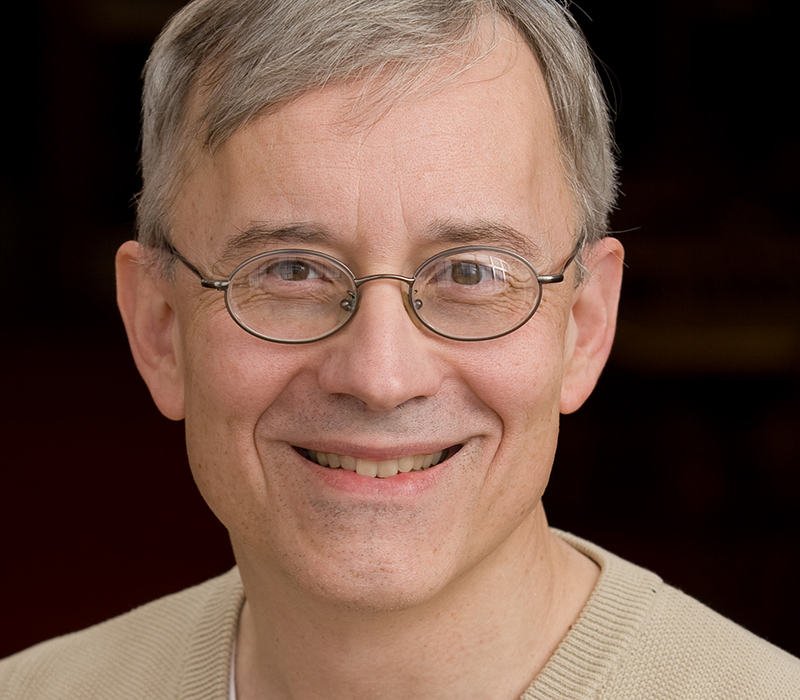 Kevin Hastings
Kevin Hastings
Professor of Mathematics
Rothwell C. Stephens Distinguished Professor in Mathematics
When Kevin Hastings '76 decided to return to his alma mater in 1986, his thinking was surprisingly unsentimental. "It was a good job market," he notes, and Knox's offer was one of several he received. "You have to make the hardest-headed decision you can. I was impressed by the students, I liked the faculty, and it's very cheap to live in Galesburg. So back I came to Knox College."
Hastings' academic interests reflect this same practical streak. "I like seeing mathematics used for something," he says. "There is something about the randomness of the world, and poking at that randomness, that attracted me more than anything else in math. And, these days, the business world in general is starting to key in on the usefulness of analytical techniques."
He helped establish a financial mathematics major at Knox, and, increasingly, the independent studies and Honors projects he supervises have an analytical focus. This year, he will oversee two projects simultaneously—one trying to detect patterns in student retention at Knox, and another examining whether market forces naturally limit insider trading. Even if neither yields fresh discoveries, he sees (as usual) practical benefits for his students. "Many of our Honors projects are close to the level of a master's thesis. The research and writing is terrific preparation for graduate school."
One topic that does make Hastings a little emotional is Rothwell Stephens, the legendary Knox mathematics professor. Hastings was in the very last class Stephens taught at Knox, and, he believes, the last of Stephens' students to follow in his footsteps.
"By the time I had Rothwell Stephens in class, he was mostly sitting in the back of the room, watching students do problems on the board, and so it put tremendous pressure on us to make sure we did all the work the night before," Hastings says. It was during those nightly study sessions that he realized, not only was he good at doing the math, he was skilled at and surprisingly comfortable helping his classmates understand the material.
"Rothwell Stephens had a quiet strength. He never had to raise his voice; nevertheless, you knew he was completely in control at all times. He made you want to impress him," Hastings says. He isn't alone in this assessment. In fact, Stephens had such a lasting influence during his 45-year career that when H. James '61 and Judith Summers Farver '61 decided to endow a professorship in his honor, more than 50 other Knox alumni and friends came forward to contribute to it.
It's hard to imagine a better choice for its first recipient. "Rothwell Stephens basically directed 35 years of my life," says Hastings, "and I have such gratitude toward him for it. I feel so honored to be in this position."
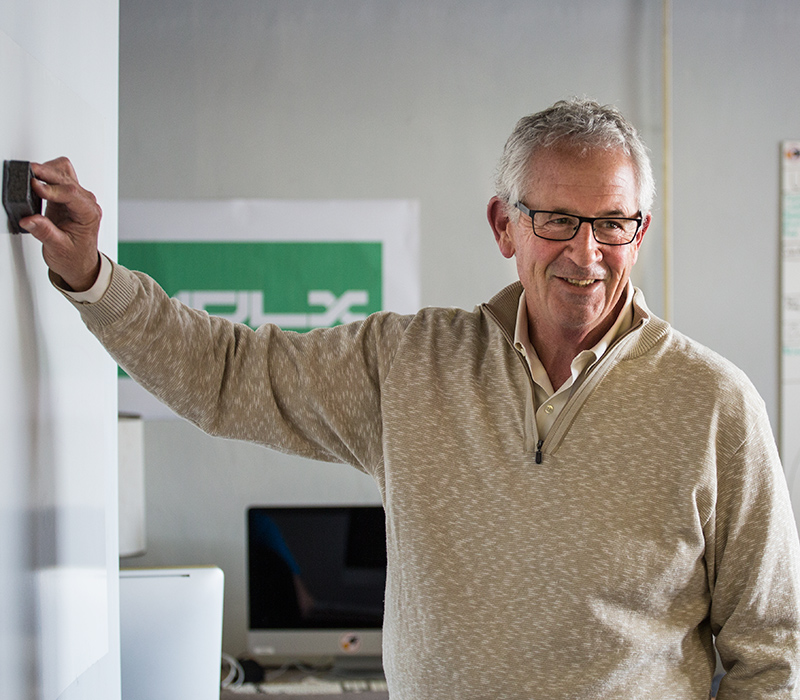 John Spittell
John Spittell
Professor and Chair of Business and Management, Executive-in- Residence
Joseph E. and Judith B. Wagner Distinguished Chair in Business
A business major, John Spittell observes, can seem like a "safe" choice for undecided students, but it can also prevent them from discovering, as he did, what truly excites them. "When I started college, when anyone asked what I wanted to do, I said ‘pre-med' because my father was a physician, and I actually had no idea."
Fortunately, because he was a student at a small liberal arts college, Ripon, the curriculum required him to explore. After his first economics course, he says, "the lights in the living room of my mind went on." Then, in a psychology course, "the lights in the family room went on, and I was home.
Even though there is no business and management major offered at Knox, it has become one of the College's most popular minors. That's understandable, says Spittell, because "what you get in business courses is actually a set of tools—finance, marketing, statistics-that create value. You pull them out and apply them to whatever you're trying to build." In today's knowledge economy, he argues, "students will have at least six different jobs, and, 20 years from now, you won't even recognize the world they're living in. What's important is to be able to learn a business minor within a liberal arts education is perfect for that."
Spittell knows a lot about changing careers. After earning an MBA in finance and marketing from Northwestern, he was a commercial loan officer at National Bank of Detroit when his father-in-law invited him to take over the family liquor distributorship in Galesburg. By the time Spittell and his partner sold the business in 2007, its territory encompassed most of Central Illinois. He might have retired comfortably at that point. Instead, he became a college professor.
Teaching, says Spittell, is just another form of value creation. "What I'm trying to do here is to build leaders—and I've got great talent to work with at Knox." His previous careers are an essential part of that. "I've bought companies, I've sold companies, I've hired people, I've fired people, I've sued, I've been sued. When I teach, my practice is to talk about the topic from a theoretical point of view, and then say, okay, now here's why that matters. Students love that, because they actually see what they're learning engaged in real life."
Under Spittell's guidance, Knox's business offerings have quietly expanded. "We've added marketing, cost accounting, advanced managerial accounting, strategic brand management, and entrepreneurship. You can study industrial psychology, the economics of nonprofits, labor economics. I probably have six more courses I'd like to introduce." Typically, he oversees one or two independent studies every term. Those often turn into seminars the following year, and, with a few more tweaks, eventually become permanent offerings. (You can read about the most recent addition, StartUp Term, also included in this issue of the Knox Magazine.)
When Spittell learned he had been named the inaugural Joseph E. and Judith B. Wagner Distinguished Chair in Business, he flew to Colorado to thank the Wagners in person. He was surprised by how much he had in common with Joe Wagner '50, whose Wagner Equipment Co. is the exclusive Caterpillar dealer in Colorado, New Mexico, and far west Texas. "He does the same work I used to do—the only difference is, he's moving steel and I was moving alcohol. I left my catalog with him, so he could see what we've built here—and what we're continuing to build."
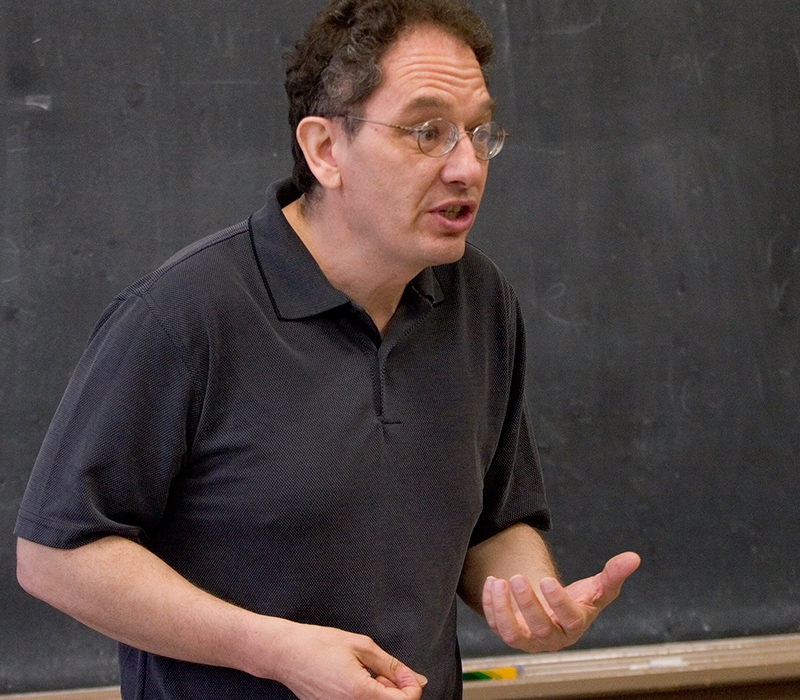 William Young
William Young
R. Lance Factor Endowed Professorship in Philosophy
Bill Young was not available for an interview.
It's not just modesty (although colleagues attest Young prefers to direct his energies toward his students and his studies). It's because he hasn't been in Galesburg in weeks.
Once again, Young has spent the summer exploring Japan, a country he first visited in 2003. Since then, he has returned year after year, trying to connect the ways in which the philosophical texts he reads voraciously have influenced both Japanese culture and the physical space itself. "Bill is trying to visit every single temple in the Kyoto area," reports his Japan Term co-leader, history professor
Michael Schneider. It's an ambitious goal; there are about 1,600 Buddhist temples within the 1,781-square-mile prefecture. "Occasionally, he'll read about one that he doesn't know, and he'll go track it down.
You might assume that level of dedication is the product of a lifelong fascination with Japan and Asia. In fact, Asian philosophy is a relatively recent interest. "It's probably the third or fourth new thing that Bill has added to his teaching repertoire since arriving at Knox," observes Schneider. "He developed an entirely new teaching area in feminist philosophy back in the 1990s, as well as another in postmodern philosophy, as well as other things I'm probably not even aware of."
"There is nothing repetitive about his intellectual agenda," confirms longtime colleague Professor Emeritus Lance Factor. "He is an excellent example of how a philosophic mind can find deep and enduring questions in a variety of areas." That approach also informs the way Young teaches. "He treats his students as fellow inquirers," Factor says. Not incidentally, Young has received citations from three different graduating classes naming him one of their most influential educators.
Factor says the endowed professorship named for him—and funded by an anonymous donor—can be understood as a testament both to "the inspiration of philosophy as a vital subject and to excellent teaching, the kind that simultaneously opens a new subject to a novice while building their confidence in mastering a difficult but rewarding discipline."
For his part, Schneider sees a strong resemblance between Factor's work and Young's, especially in their fascination with physical spaces. "They both embody the idea that philosophy is for thinking through the life we actually live, and that students especially benefit from seeing the real-world implications of our philosophical assumptions."
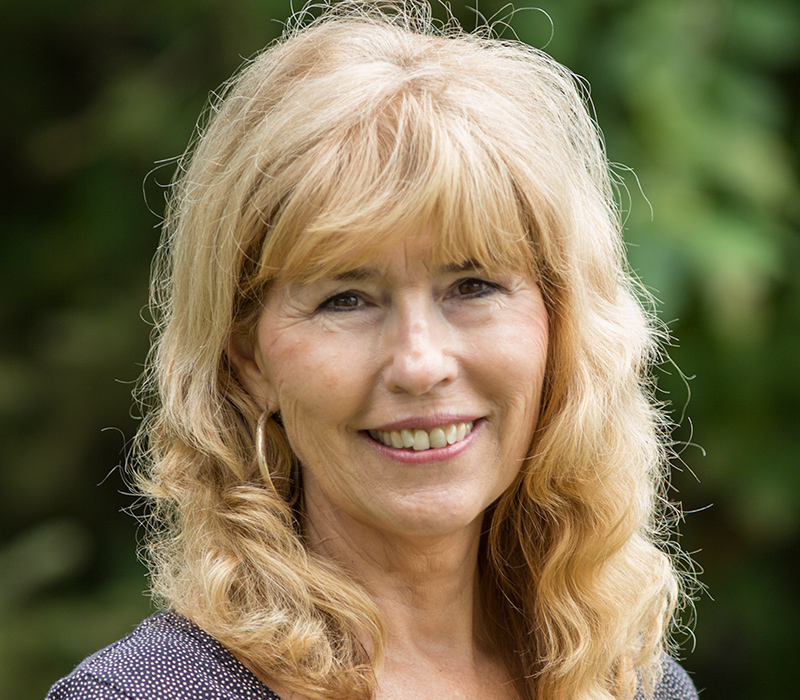 Diana Beck
Diana Beck
Professor and Co-Chair of the Educational Studies Department
George Appleton Lawrence Distinguished Service Professor
Diana Beck says she can't imagine that she'll ever stop learning. Perhaps that's why she has dedicated her career to teaching.
A while back, she planned to leave the field of education altogether. She'd worked as an elementary, middle, and high school teacher, following her own children as they progressed from grade to grade. Once they graduated, she decided to try something new and enrolled in a pre-med program—only to find herself so frustrated by the way she was being taught science that she swapped her dream of becoming an M.D. for a Ph.D. in education.
"The whole way we used to do education, and the way we often still do it, is anathema to me," she says. "Standing in front of a class and lecturing—students need to be involved, they need to be given interesting ideas and encouraged to grapple with them."
That awareness underscores both how she teaches and where she teaches. Since 1997, she has spent nearly every summer teaching at small Navajo schools in Arizona and New Mexico. She was first drawn to the area by a former student, who reported the Navajo school where she was then teaching didn't have the resources to offer science classes. Beck volunteered to come out—and has kept coming, bringing Knox students with her through a short-term immersion program for education majors. "I fell in love with the Navajo people and the kids and the school," she says. The experience has changed the way she teaches at Knox, too. "We are a program that is rooted in social justice. All voices are heard. All children are tended to-not just the brightest."
Being aware of different perspectives, she says, is an essential skill for a teacher. "It's the ability to put yourself in the place of the student. This is probably the hardest part for new teachers. That's why it's important for our education students to get into the classroom immediately-not as teachers, but as observers. I ask all of my students, even if they intend to teach high school, to spend time in a kindergarten or first grade class. I want them to have a complete perspective on what education is like from the student's viewpoint, so when they are in a high school class with a student who wants to sit in the back and not participate, they don't just see that—they see that kid as a kindergartener, as an elementary school student, who may have been marginalized and shut out."
The George Appleton Lawrence Distinguished Service Professorship is one of Knox's oldest faculty honors. Named for an alumnus who was one of early twentieth-century Galesburg's most prominent citizens, the professorship has been awarded to some of Knox's most highly regarded faculty members, including Robert Hellenga, English, and Lance Factor, philosophy. "To be in the company of those two men, who were icons even when I first started working here, just makes me feel really humble. "
2
high tunnels on campus
where students grow vegetables for the Knox community.